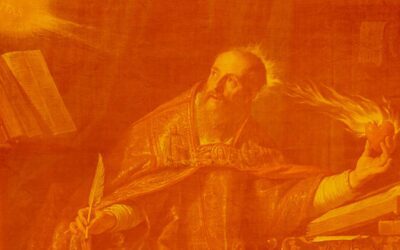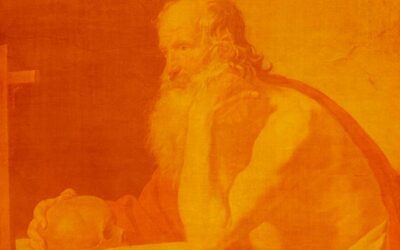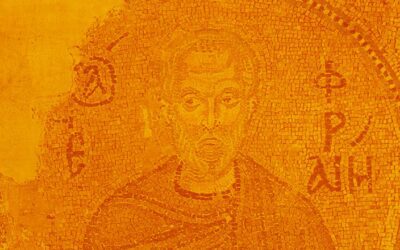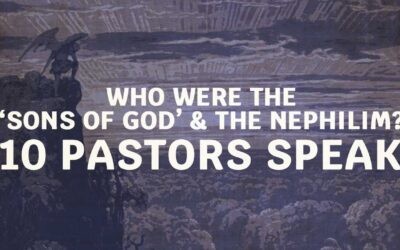Irenaeus of Lyons was a Christian bishop and theologian of the 2nd century, widely regarded as one of the early church fathers. Born in Asia Minor, he became a disciple of Polycarp, who was a disciple of John the Apostle. Irenaeus had a major impact on the development of Christian theology, particularly in the area of fighting against Gnosticism.
He also discussed the nature of angels in his work The Demonstration of the Apostolic Preaching, and referenced the “sons of God” from Genesis 6:1-4. According to Irenaeus, these angelic beings married “daughters of men” and produced offspring known as the Nephilim or “Giants in the Bible.”
And for a very long while wickedness extended and spread, and reached and laid hold upon the whole race of mankind,
until a very small seed of righteousness remained among them and illicit unions took place upon the earth, since angels were united with the daughters of the race of mankind;
and they bore to them sons who for their exceeding greatness were called giants. And the angels brought as presents to their wives teachings of wickedness, in that they brought them the virtues of roots and herbs, dyeing in colors and cosmetics, the discovery of rare substances, love-potions, aversions, amours, concupiscence, constraints of love, spells of bewitchment, and all sorcery and idolatry hateful to God;
by the entry of which things into the world evil extended and spread, while righteousness was diminished and enfeebled.
This interpretation of Genesis 6 was widely held among Jews and early Christian church fathers of that time, who were largely influenced by the Book of Enoch. Irenaeus’s view aligned with the understanding that the “sons of God” in Genesis 6 were not merely human men but were, in fact, angelic beings.
Irenaeus’s impact on early Christian theology cannot be overstated. He was instrumental in promoting a unified understanding of the faith, and his writings played a major role in shaping Christian beliefs and practices.
Despite the fact that his interpretation of Genesis 6 came some time after the author of Genesis wrote the verses, it demonstrates that this same view was widely believed by most of the early church fathers, even as it continues to be discussed and debated to this day.






